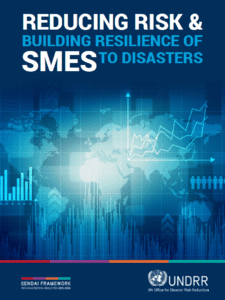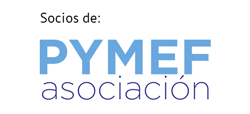Reducing Risk and Building Resilience of SMEs Report
Small and medium enterprises (SMEs), including micro SMEs, are the bedrock of global, national, and local markets. Two in every three people works in an SME (OECD 2019).1 When disaster strikes, SMEs are hit harder, suffer longer and are slower to recover
Small and medium enterprises (SMEs), including micro SMEs, are the bedrock of global, national, and local markets. Two in every three people works in an SME (OECD 2019).1 When disaster strikes, SMEs are hit harder, suffer longer and are slower to recover than larger businesses. If the global community is to improve the lives and livelihoods of people in emerging and growing economies, we must tackle risk in SMEs. This guidance, authored by the United Nations Office for Disaster Risk Reduction (UNDRR), provides guidance for how to build the resilience of SMEs to multiple hazards, enabling SMEs to be sustainable and competitive in the long run by reducing disaster risks, and with a specific focus on prevention, i.e. activities and measures that help SMEs “avoid potential adverse impacts of hazardous events” and in “reducing vulnerability and exposure” (United Nations 2016).
The guidance is informed by a global survey conducted by UNDRR facilitated by the ARISE global network,2 a literature review of available evidence related to building the resilience of SMEs to disasters and many insightful discussions with our international partners.




